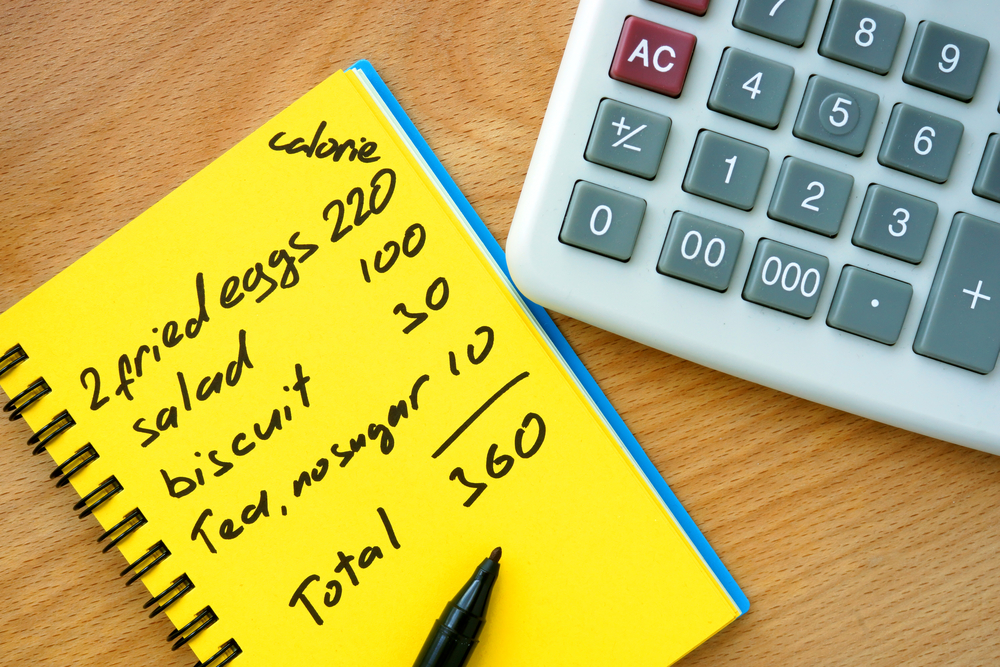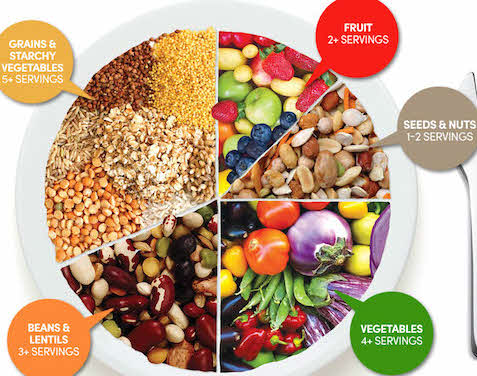A calorie is a unit of measurement used to quantify the amount of energy provided by food and beverages. It represents the energy needed to raise the temperature of one gram of water by one degree Celsius. In the context of nutrition, calories are commonly used to express the energy content of the food we consume.
There are two main types of calories:
- Small calorie (cal): The amount of energy required to raise the temperature of one gram of water by one degree Celsius.
- Kilocalorie (kcal): In the context of nutrition, the term “calorie” often refers to the kilocalorie, which is equivalent to 1,000 small calories. Therefore, when you see “calories” on a food label or in discussions about nutrition, it typically means kilocalories.
Our bodies require energy for various functions, including maintaining body temperature, supporting organ function, and providing energy for physical activity. The energy obtained from food and beverages is measured in calories, and balancing calorie intake with energy expenditure is a fundamental aspect of managing weight and overall health. The concept of “calories in, calories out” is often used to describe the relationship between the calories consumed through diet and the calories burned through physical activity and metabolism.
What does calorie deficit mean?
A calorie deficit occurs when you consume fewer calories than your body needs to maintain its current weight. In simple terms, it means that you are burning more calories than you are taking in through your diet. Creating a calorie deficit is a fundamental principle for weight loss.
When your body is in a calorie deficit, it needs to find additional sources of energy to meet its demands. It typically turns to stored energy in the form of glycogen and, eventually, body fat. This process results in weight loss as your body taps into its reserves to make up for the energy shortfall.
To achieve a calorie deficit, you can either reduce your calorie intake, increase your physical activity to burn more calories, or combine both approaches. It’s essential to create a sustainable and moderate calorie deficit to promote healthy and lasting weight loss. Extreme calorie restrictions can have adverse effects on your metabolism and overall well-being.
Calculating your daily caloric needs and adjusting your diet and exercise accordingly can help you achieve a calorie deficit. Keep in mind that a safe and effective rate of weight loss is generally around 1-2 pounds per week. This gradual approach allows for a more sustainable lifestyle change and reduces the risk of nutrient deficiencies or other health issues associated with rapid weight loss.
What is a Basal Metabolic Rate?
The Basal Metabolic Rate (BMR) is the amount of energy expended by the body at rest in order to maintain basic physiological functions such as breathing, circulation, and cell production. In other words, it represents the number of calories your body needs to sustain its vital functions while at complete rest.
BMR is influenced by several factors, including age, gender, weight, height, and body composition. Muscle tissue requires more energy at rest than fat tissue, so individuals with higher muscle mass tend to have a higher BMR.
Understanding your Basal Metabolic Rate is valuable for calculating your total daily calorie needs. When determining an appropriate calorie intake for weight management, it’s common to factor in your BMR and account for additional calories burned through physical activity. This comprehensive estimate helps individuals tailor their diet and exercise plans to achieve specific goals, whether it’s weight loss, maintenance, or muscle gain.
Various formulas, such as the Harris-Benedict equation, are used to estimate BMR based on individual characteristics. Keep in mind that these calculations provide rough estimates, and individual variations may exist. If you’re looking for precise measurements, indirect calorimetry performed in a controlled environment can offer more accurate BMR values.
What is a Daily Energy Expenditure?
Daily Energy Expenditure (DEE) refers to the total amount of calories an individual burns in a day, taking into account various factors such as Basal Metabolic Rate (BMR), thermic effect of food, and physical activity. DEE is a more comprehensive measure than BMR alone because it considers the calories burned through daily activities and exercise.
The components of Daily Energy Expenditure include:
- Basal Metabolic Rate (BMR): The calories your body needs to maintain basic physiological functions at rest.
- Thermic Effect of Food (TEF): The energy expended during the digestion, absorption, and storage of nutrients consumed in your diet.
- Physical Activity: The calories burned through intentional exercise and non-exercise activities like walking, standing, and daily tasks.
The formula to calculate Daily Energy Expenditure is often expressed as:
DEE=BMR+TEF+PhysicalActivity
DEE provides a more accurate estimate of the calories your body requires for weight maintenance. If your goal is weight loss, creating a calorie deficit by consuming fewer calories than your DEE can contribute to gradual and sustainable weight loss. On the other hand, if your goal is muscle gain or weight maintenance, consuming calories in line with your DEE is often recommended. Keep in mind that individual variations and factors like age, gender, and body composition can influence DEE, so it’s essential to adjust your calorie intake based on your specific needs and goals.
Takeaway
In the realm of nutrition and fitness, understanding calories is like holding the key to unlocking the intricate balance between energy intake and expenditure. Calories are not just numbers on a food label; they represent the fuel that powers our bodies, influencing our weight, energy levels, and overall well-being. From the basic concept of a calorie as a unit of energy to the more nuanced understanding of creating a calorie deficit for weight loss or aligning with your Daily Energy Expenditure for maintenance, this knowledge empowers us to make informed choices about our diet and lifestyle. It’s not about obsessing over numbers but rather fostering a mindful and balanced relationship with the energy we consume and expend. By appreciating the role of calories in our health journey, we pave the way for sustainable habits, whether it’s shedding excess weight, building muscle, or simply embracing a lifestyle that nurtures our bodies. Here’s to the journey of understanding and respecting the power of calories in shaping our path to a healthier and more vibrant life.
Calories represent the fuel that powers our bodies, influencing our weight, energy levels, and overall well-being! #HealthSurgeon
Sources:
https://www.medicalnewstoday.com/articles/263028#what-are-calories
https://health.clevelandclinic.org/calorie-deficit
https://www.nhs.uk/live-well/healthy-weight/managing-your-weight/understanding-calories/









